The Grassic Gibbon Centre sits in the heart of the Mearns countryside, the landscape which provided the backdrop to Sunset Song.
Today it’s easy to imagine that this rural setting is not too different to that of A Scots Quair, produced by James Leslie Mitchell under the pen name Lewis Grassic Gibbon in the 1930s.
The visitor centre is surrounded by fields and trees, the salt of the north sea is carried on the breeze and it’s quiet except for birdsong and the faint hubbub of farming.
For a centre dedicated to the Arbuthnott writer, the location is perfect – and yet it could also be its downfall.
As its manager Morag Adam points out, it is off the beaten track and has endured its fair share of struggles to stay open over the years.
Luckily, she appears to share the same sort of grit and determination that runs through the Grassic Gibbon trilogy…
How Morag became manager of the Grassic Gibbon Centre
“I’m the manager of the centre but it wasn’t in my game plan, I was working elsewhere,” said Morag, during a short break on a busy lunchtime in the centre’s café.
“The centre used to open from March to October, and in 2023 I realised it hadn’t opened at all, and I’d heard some background noises.
“Curiosity killed the cat. I made a phone call and spoke to the lady who was the manager for 25 years, and it became apparent that the centre wasn’t going open at all.”
Determined to do something about it and see the centre open once again, Morag set about speaking to local people who were still involved.
After much discussions and planning, it was agreed Morag would “give it a go” as manager to see if the centre could be made viable.
She got the keys on April 26 that year, but not much else.
The exhibition was still in place, but it is only part of the centre, the rest being a cafe and shop.
Morag said: “I did ask, how bad is it? And it was quite simple. There was no stock, no staff, no money.
“I got the doors open for May 11. Initially it opened five days a week but we did get up to seven days in summer.
“Then, rather than shutting at the end of October, we trialled doing a Christmas dinner to stay open later in the year.”
After a lot of effort to get the centre up and running again, Morag was pleased to get the keys to run it once more in 2024.
“We’d done enough to prove the centre does still have a place, still attracts visitors and that there is definitely an interest and a following for Grassic Gibbon as well.
“It’s just nice to have something local. I have a small board of four directors and we all live in Arbuthnott.”
A decades-long effort to keep the Grassic Gibbon Centre going
The exhibition opened 32 years ago and a few years later the tearoom was added, at the suggestion of the tourist board.
“But the kitchen was never built as a commercial kitchen,” said Morag.
“It’s actually the community hall kitchen, you just walk through the building, so it’s an unusual layout.
The advent of Covid also seriously impacted the already-struggling, community-owned centre, which has always had to deal with the negative aspects of its rural location.
Morag continued: “We’re not on the beaten track, we’re not as busy as some other places.
“Because it’s always been run as not-for-profit, it’s never really had a big pot of money to start with.
“It’s the logistics of keeping something going out in the countryside, how do you attract people?
“It just seemed a shame you know. But if somebody doesn’t step forward and do something in a community, things close down.”
Community spirit is also seeking to protect Lewis Grassic Gibbon’s final resting place
The strength of community efforts in the area isn’t just behind the visitor centre.
The nearby Church of St Ternan was dedicated in 1242, and is the final resting place of Lewis Grassic Gibbon.
Morag says that due to the potential for the church to be sold off, a local group has been formed to “look at a direction for the church for the community”.
That group has benefitted from the Grassic Gibbon Centre’s continued presence, as a place to have meetings and coffee.
What does the future hold for the Grassic Gibbon Centre?
The centre will be closed for January, but Morag says this is to do with “costs and being open when we have the most chance of visitors”.
As to the future, Morag’s ambitions for the building are simple.
“Just to see the centre open and being here as a resource,” she said.
“That’s the biggest reason I had for stepping forward and taking it on.
“The people who came before me, who created the centre, they raised money and put together this exhibition.
“It was all here because of 32 years of work and interest from people who’ve donated items, who’ve created the little video presentation.
“Isabella Williamson was manager for the first 25 years and she is now one of the directors of the centre.
“It’s had many people involved over the years. If the doors closed, all of that is lost.
“Not only did they put it all together, they built the entire building.
‘Places need to be used’
“If a place closes, the building falls into disrepair. Places need to be used. I’m just trying to do enough to keep something open and for that, we need visitors.”
The centre has received backing from a windfarm, and a new coffee machine has been purchased.
Morag also happily points out the homemade cakes and bakes on sale can’t be found elsewhere, because they’re all local, traditional recipes.
The centre continues to attract all kinds of visitors.
In the centre’s guest book, there’s messages from people from as far away as Canada, new Zealand, Australia, America, Denmark and Germany.
But there’s plenty of visitors from closer to home as well.
Morag added: “Just in the last week or so, we’ve had people from Stonehaven, Kirkwall, Monifieth, Tayport and Manchester.
“We do get Grassic Gibbon fans and they get so excited. One chap who visits has a camper van called Sunset Song.”
One potential problem in the future for the centre is that Sunset Song has been removed from the Scottish set text list for Higher English.
So although there are still many fans of the celebrated noel — including Nicola Sturgeon, who once called it “without a shadow of a doubt, my favourite book of all time” — future generations to come will be far less likely to read it growing up.
“We’re a bit gutted about that,” said Morag.
“It’s an important part of Scottish literature, you can’t deny that.”
For more information visit grassicgibbon.com or see the centre’s Facebook page.
Read more: ‘How Sunset Song’s Chris Guthrie was inspired by my grandmother’.
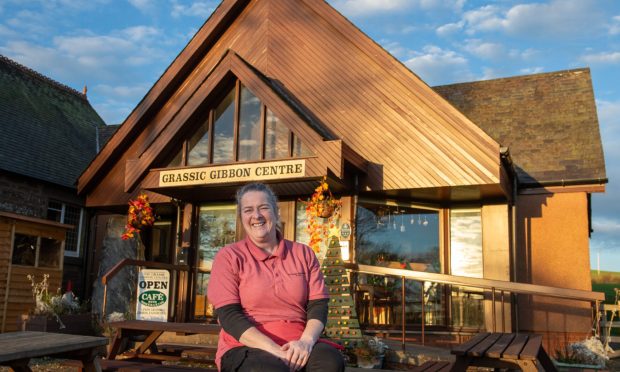
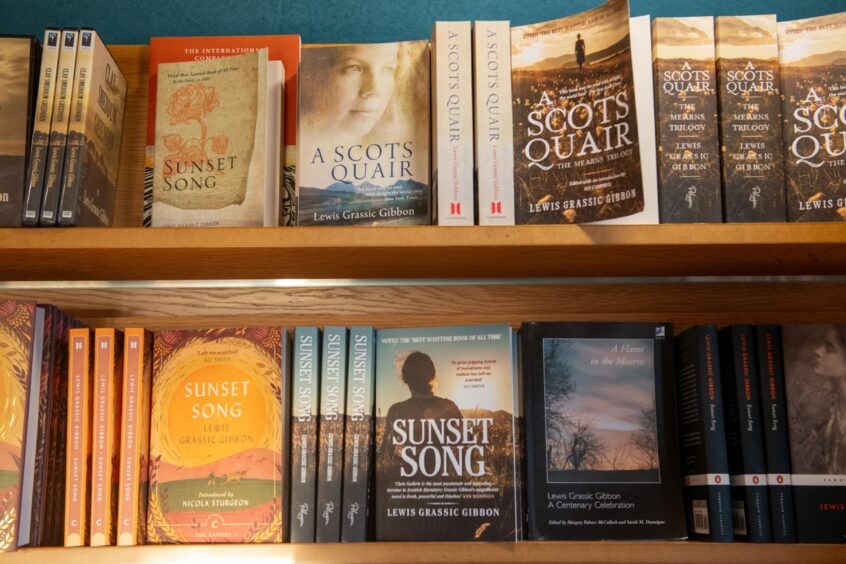
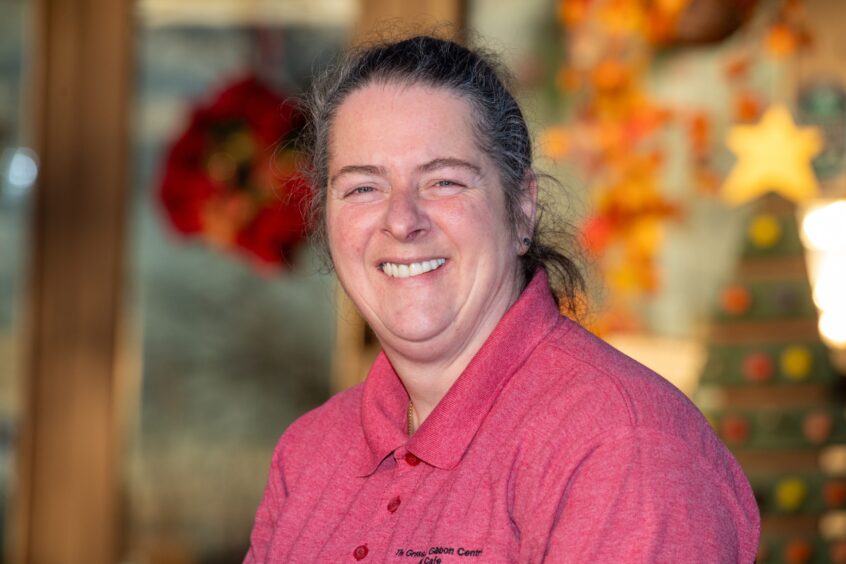
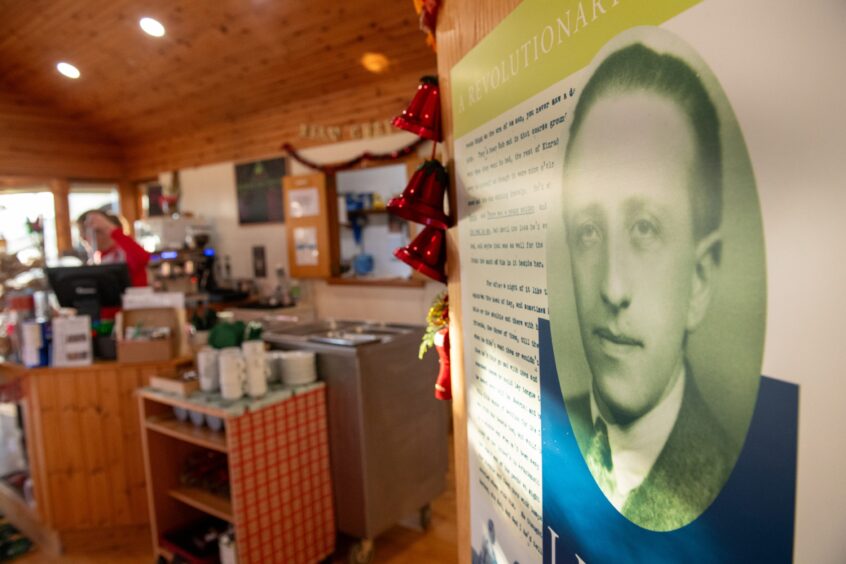
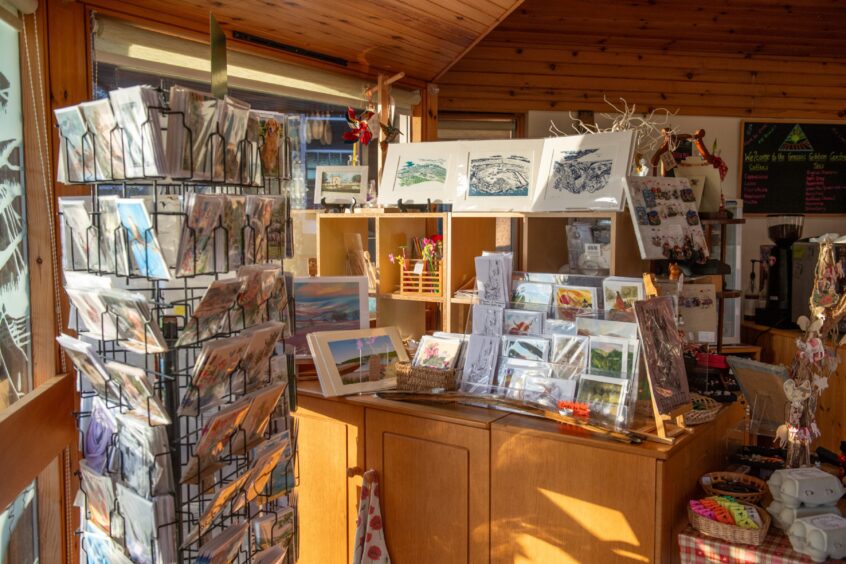
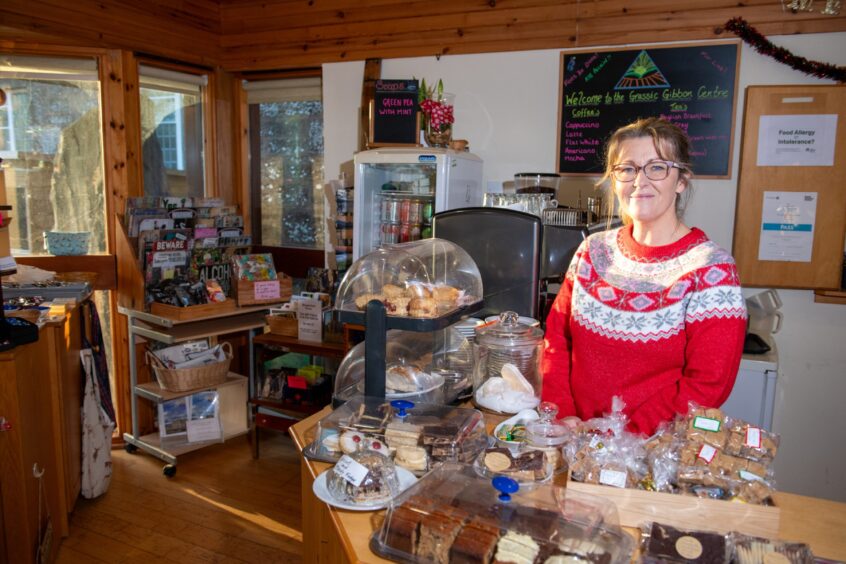
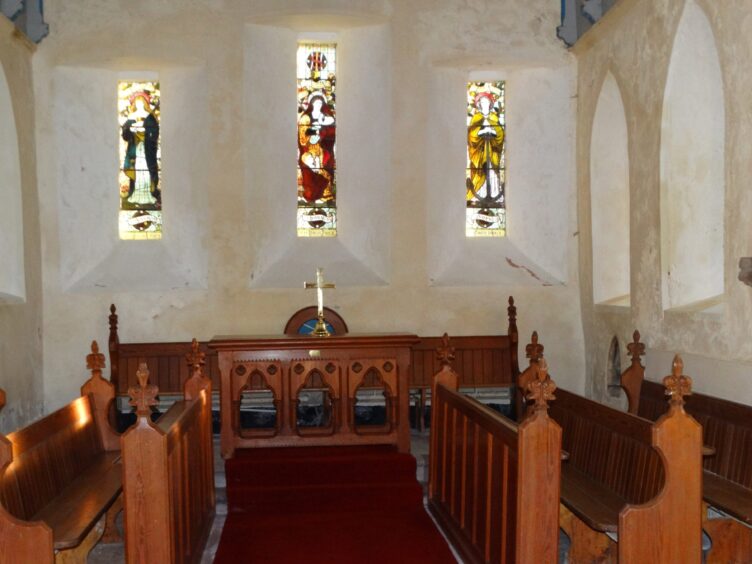
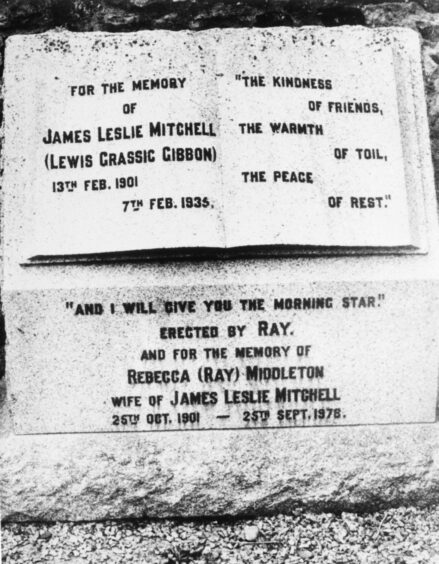
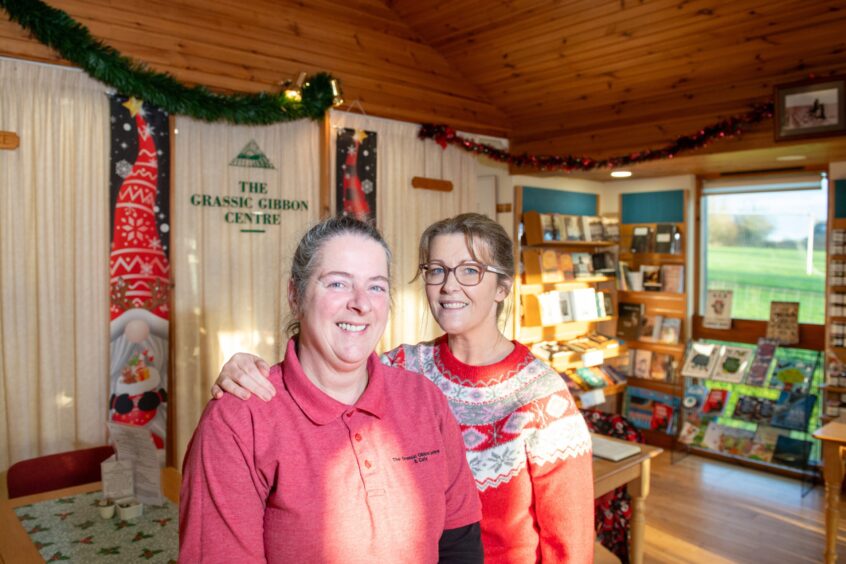
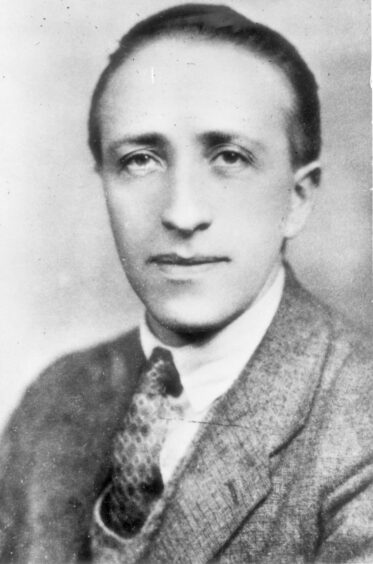
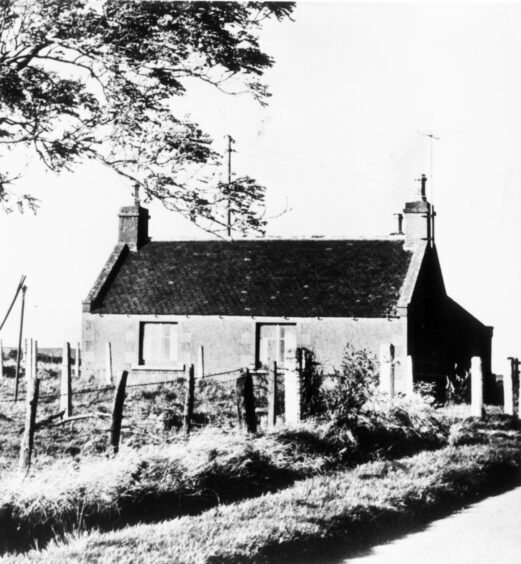
Conversation